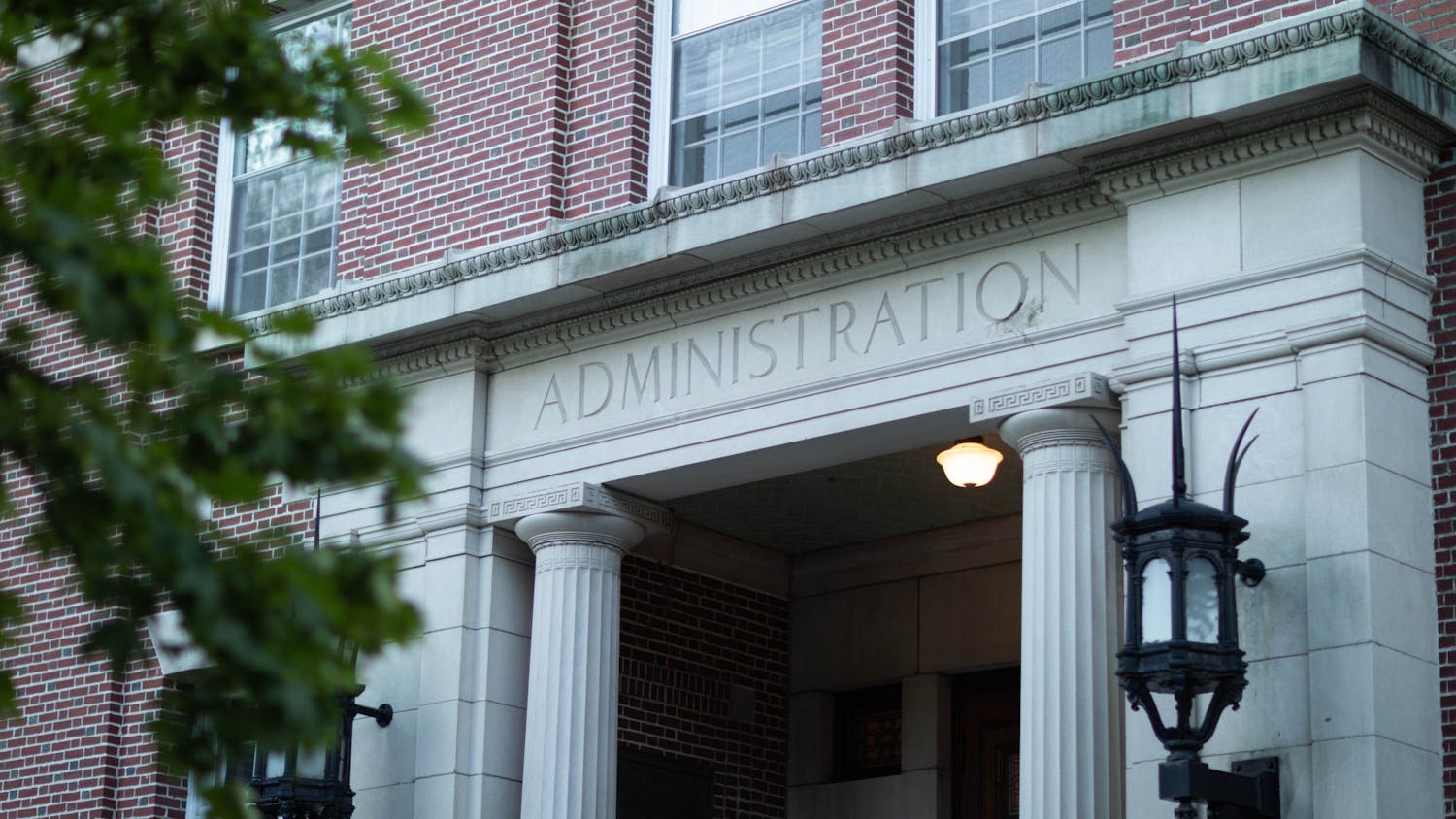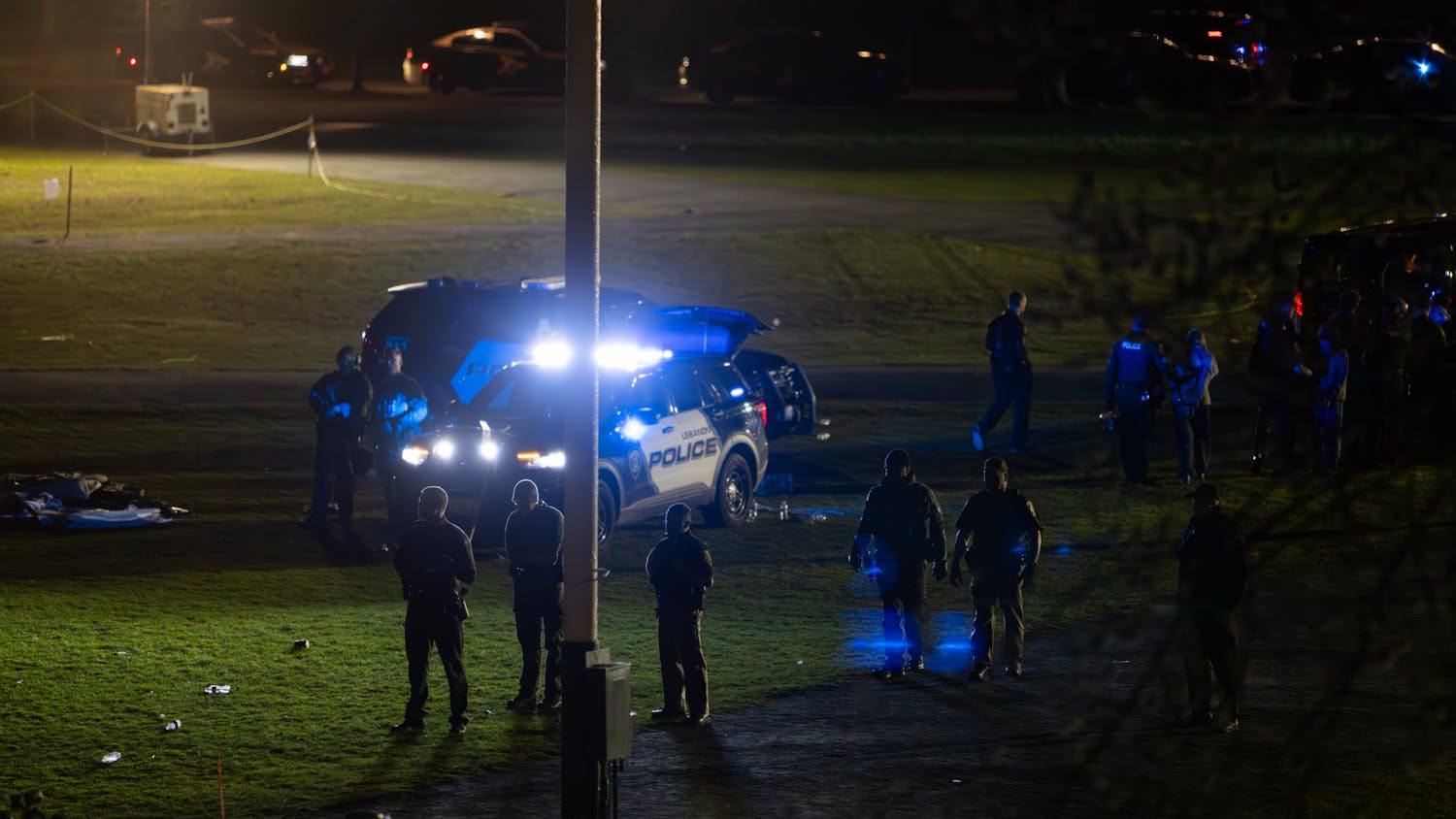For students finding college academics a problem, the Academic Skills Center sponsors a variety of programs providing academic assistance, including tutoring, aid for students with disabilities and mini-courses in learning skills.
The goal of the Center is "to provide as many opportunities for students to learn the ways in which they can be successful" in academics, according to Carl Thum, director of the center.
Students coming to college, "even a place like Dartmouth ... don't always have the skills and strategies necessary" to perform well at the college level, Thum said.
For the second year in a row, the Center received a $10,000 grant from the Hewlett Foundation, which it will use to purchase up to six new videotapes about effective learning strategies.
Students often start their searches for academic assistance by meeting with Thum or Academic Director Gail Zimmerman to discuss tutoring options. After this consultation, students have several avenues to pursue.
The Tutor Clearinghouse is the Center's most frequently used service, according to Thum. The Center constantly recruits and trains its own tutors, then matches them up with students who have requested assistance in specific areas.
Thum said most students who seek tutoring ask for help in foreign language, science, math or economics classes. Tutors for Math 3 are the most popular.
First-term freshmen can take a course called Learning at Dartmouth, which is an extended orientation program that meets twice a week for seven weeks. In this program, freshmen get an introduction into the academic divisions of the College, career services and student activities.
Another option, a study group, is often necessary when the Academic Skills Center runs out of tutors for a certain subject. The groups, consisting of up to eight students, meet once a week. Thum said the Academic Skills Center allocates some of its best tutors to lead these groups.
Thum said the Academic Skills Center provides support and assistance for students with all types of disabilities.
Nancy Pompian, the student disabilities coordinator, wrote in an electronic-mail message that "students with learning, physical, or psychological disabilities" should come see her to register for services.
Thum said students with learning disabilities are "bright, highly motivated young men and women who may encounter difficulties with certain methods of learning."
The Academic Skills Center offers a variety of tools for disabled students, including tape recorders for dyslexic students, notetakers for hearing-impaired students and typists for visually-impaired students.
The Academic Skills Center also offers several academic mini-courses. Students can take a workshop in time management, exam preparation, writing college papers, reading improvement and enhanced note-taking.



